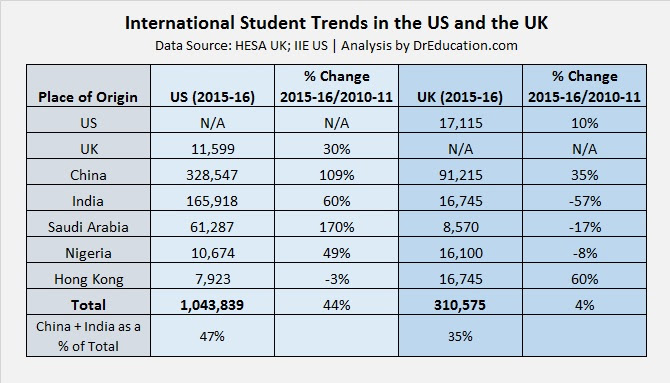How will academics be affected by the recent UK/US electronics ban?
“Remember that if needed you can rent or borrow equipment when you reach your destination”
Rowan Burnett, supplier relationship executive at Diversity Travel, a travel management company that specialises in travel in the not-for-profit and academic sector, provides advice for travellers following travel restrictions announced this week.
This week, both the UK and US governments announced a cabin ban on certain electronic devices on inbound flights from countries across the Middle East and North Africa, with immediate effect.
The ability of academics to travel internationally is crucial for academic institutions around the world. A fantastic opportunity from a commercial perspective, as a means of expansion, collaboration, and partnering with a global network of peers, travel allows academics to develop a truly global mindset, improving the breadth and quality of their course material, and bringing huge benefits to students.
Read More
